Ilie-Daniel Gheorghe-Pop
Quantum DevOps - Quantum Application Development
#1about 2 minutes
Why quantum computing is the successor to Moore's Law
As classical transistors reach their physical limits due to quantum tunneling, new metrics and computing paradigms like quantum are required for continued progress.
#2about 3 minutes
Understanding quantum complexity and computation models
Quantum computing operates on probabilistic principles within its own complexity class (BQP) to solve specific problems more efficiently than classical computers.
#3about 4 minutes
A brief history of quantum hardware development
Key milestones in quantum computing hardware are traced from early algorithms in the 1980s to the recent multi-qubit chips from IBM, Google, and others.
#4about 2 minutes
Navigating the modern quantum computing industry landscape
The quantum ecosystem consists of hardware manufacturers, cloud providers offering quantum access, software companies, and end-users in sectors like finance and aerospace.
#5about 2 minutes
How to program quantum computers using circuit models
Quantum programming involves arranging gates in a circuit, similar to a music sheet, which requires knowledge of quantum physics and linear algebra to build effective algorithms.
#6about 3 minutes
Introducing the core principles of Quantum DevOps
Quantum DevOps extends the classical CI/CD pipeline with a critical evaluation step to assess algorithm compatibility and performance on specific, error-prone quantum backends.
#7about 1 minute
Standardizing quantum benchmarks with the DIN SPEC
The DIN SPEC 91480 provides a standardized set of KPIs and benchmarks to evaluate and compare the performance of different quantum hardware and algorithms.
#8about 2 minutes
A detailed look at the quantum development workflow
The quantum software development lifecycle requires collaboration between mathematicians and physicists, involving unique steps like circuit translation and simulation before running on real hardware.
#9about 2 minutes
The future of quantum and getting started today
While practical utility is targeted for 2030, accessible tools like Crisp make it easier than ever for developers to start exploring and implementing quantum algorithms.
Related jobs
Jobs that call for the skills explored in this talk.
Eltemate
Amsterdam, Netherlands
Intermediate
Senior
TypeScript
Continuous Integration
+1
Matching moments
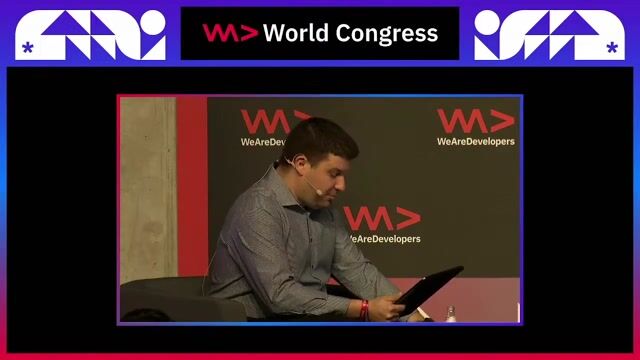
03:17 MIN
Making quantum computers accessible via the cloud
The Quantum Computing Future

05:08 MIN
The challenge of learning quantum computing
Eclipse Qrisp: Next Generation of Quantum Algorithm Development
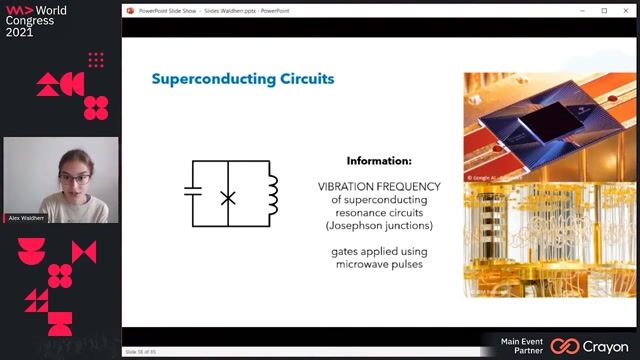
01:13 MIN
Key players and platforms in quantum computing
Schroedinger's cat: Thinking in- and outside the box of quantum mechanics
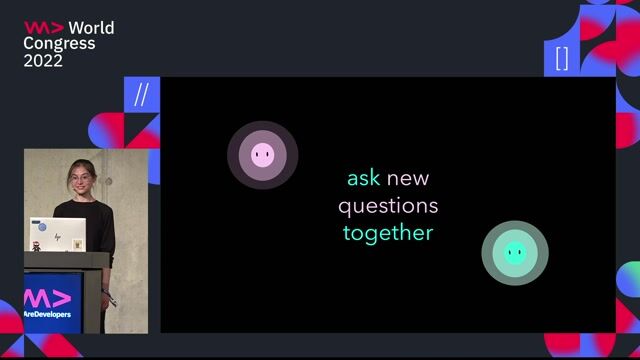
04:29 MIN
Q&A on the future and applications of quantum
What is quantum computing?
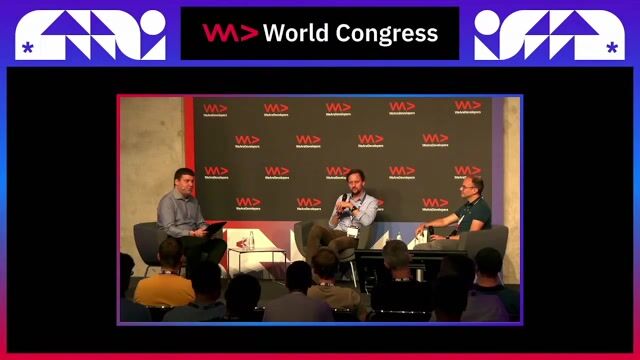
03:15 MIN
The unique challenge of quantum programming
The Quantum Computing Future
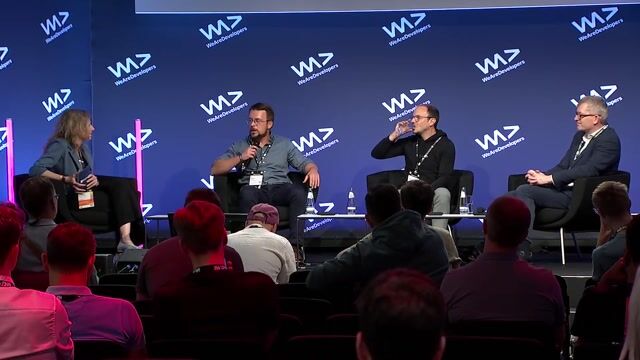
06:22 MIN
Achieving quantum advantage today with hybrid computing models
Quantum Tech: Preparing for the Next Leap

02:14 MIN
An overview of the current quantum computing landscape
How Lufthansa Industry Solutions is preparing for the Quantum Age!
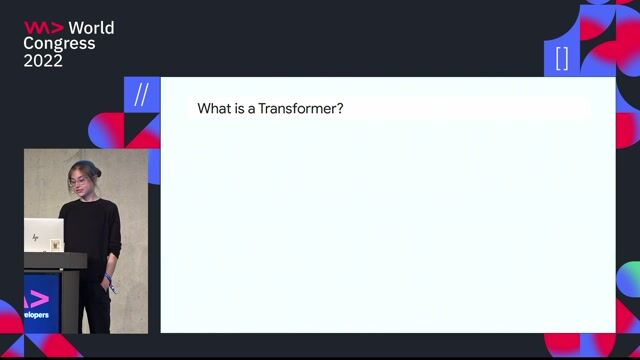
02:22 MIN
Engineering challenges and building a quantum computer
What is quantum computing?
Featured Partners
Related Videos
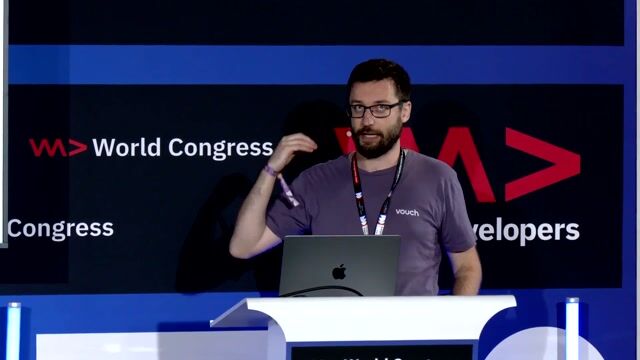 31:17
31:17Quantum Computing for Classical Developers
Julian Burr
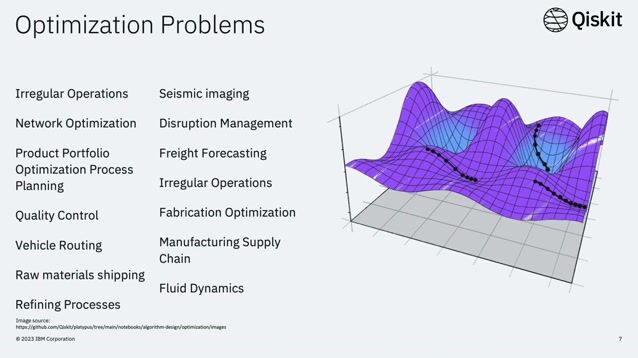 34:14
34:14Quantum computing for developers: Solving optimization problems with Qiskit
Isabell Heider & David Alber
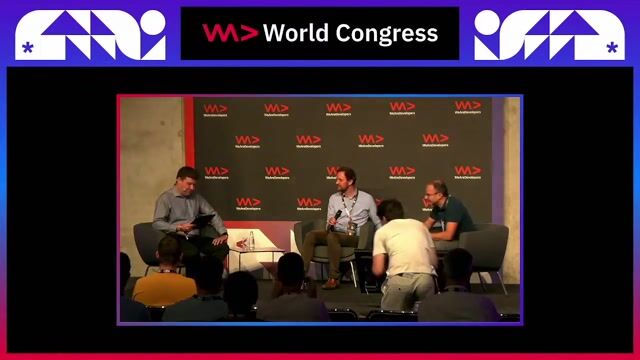 30:57
30:57The Quantum Computing Future
Tomislav Tipurić, Alexander Glätzle & Jan Goetz
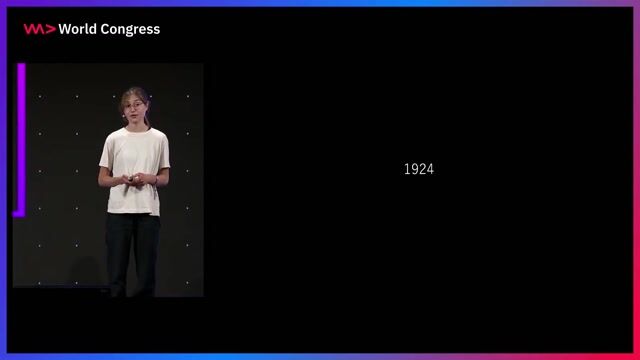 28:26
28:26Quantum Computing - The tiny and the big challenges
Alex Waldherr
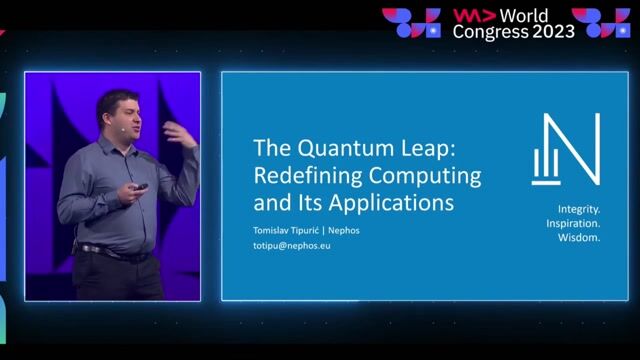 30:37
30:37The Quantum Leap: Redefining Computing and Its Applications
Tomislav Tipurić
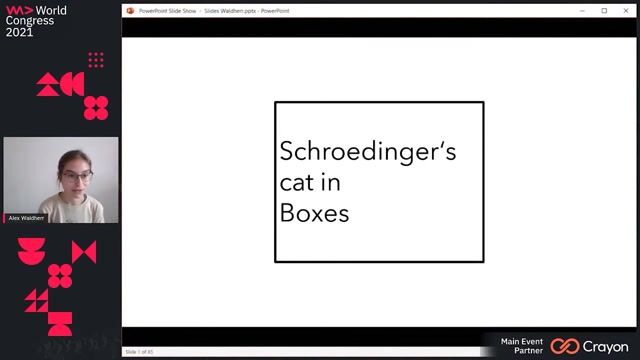 43:21
43:21Schroedinger's cat: Thinking in- and outside the box of quantum mechanics
Alexandra Waldherr
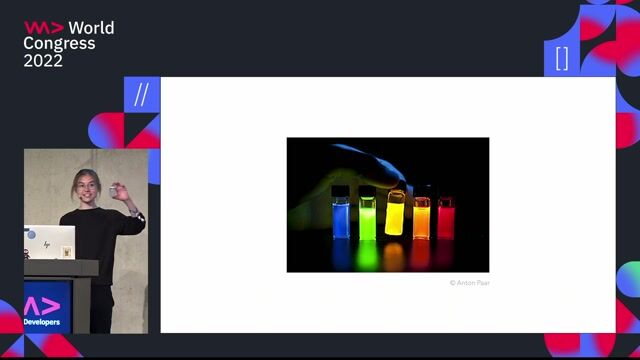 25:46
25:46What is quantum computing?
Alex Waldherr
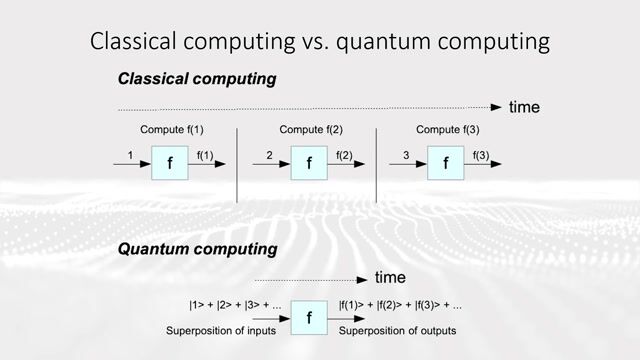 28:04
28:04Going Quantum: The future of the internet ...
Alexander Pirker
Related Articles
View all articles



From learning to earning
Jobs that call for the skills explored in this talk.

eleQtron GmbH
Intermediate
Python
Gitlab
Test Case Design
Continuous Integration

eleQtron GmbH
Siegen, Germany
Intermediate
API
Python
Gitlab

Pasqal
Canton de Palaiseau, France
Intermediate
C++
Python


PsiQuantum
Daresbury, United Kingdom
£140-160K
Senior
C++
REST
Python

The Munich Quantum Valley (mqv) Ggmbh
Senior


Quandela
München, Germany
Senior
Linux
Python
Kubernetes
Machine Learning
